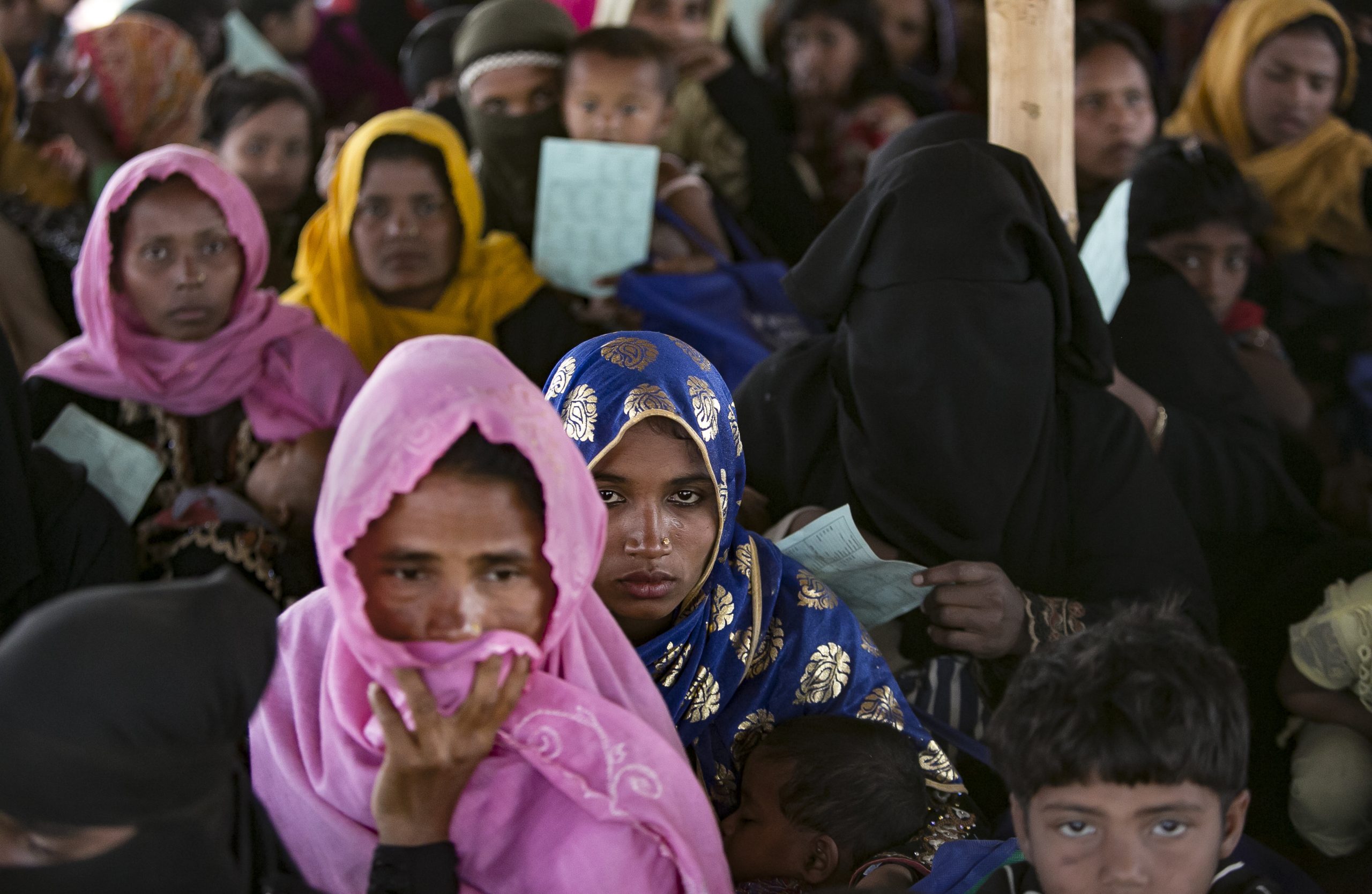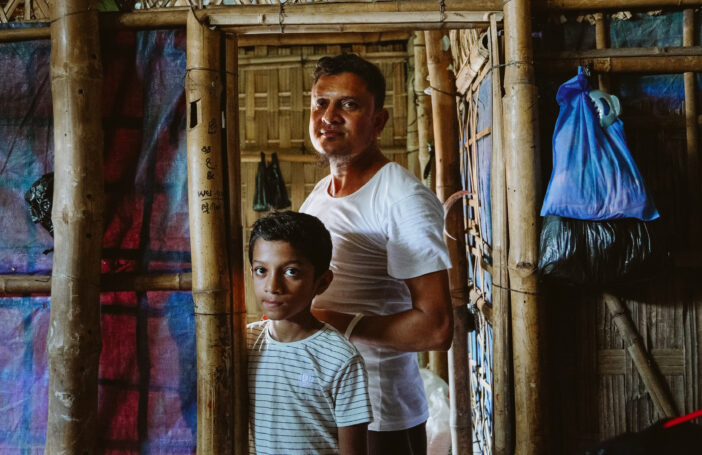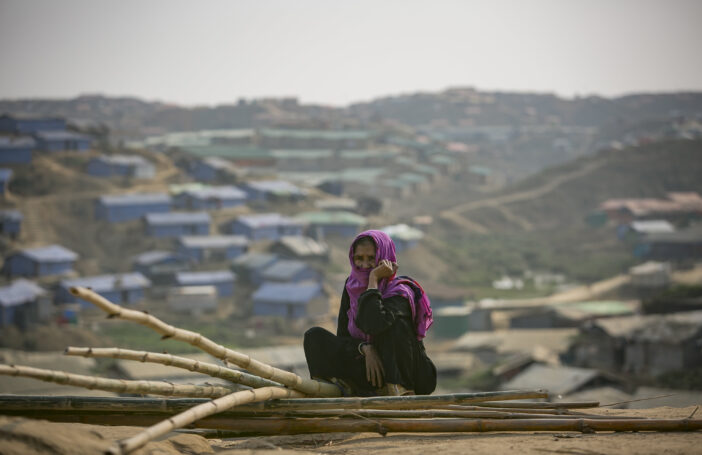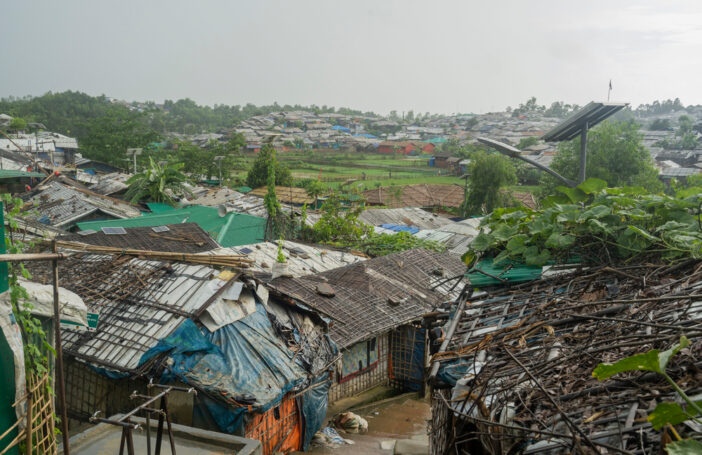Recently on this blog, Arunn Jegan, former head of Doctors Without Borders (Médecins Sans Frontières, MSF) in Bangladesh, wrote about how the “nightmare scenario has arrived for the Rohingya people living in refugee camps in Bangladesh”. The prevalence rate of scabies has reached 40%. Malnutrition is also widespread.
Despite the desperate needs, donors are cutting aid to Rohingya refugees. As another MSF article puts it:
Over the past two years, the commitment of UN member states to the humanitarian funding appeal has been dwindling: from around 70 per cent in 2021 to 60 per cent in 2022, and around 30 per cent so far in 2023. In March, the World Food Programme’s food rations were cut from the equivalent of US$12 per person per month to US$10, and then again to just US$8 in June.
Australia is one of the donors cutting aid. Australia supports a number of NGOs to provide services to the Rohingya refugees. Between January 2020 and September of this year it provided these NGOs with $11.2 million a year. But between July of this year and the end of 2025 it will only provide them with $6.4 million a year. That’s a cut of 43%, almost a halving.
If you haven’t heard about this it is because the information only came out buried in an answer to a parliamentary question on notice earlier in the year. There has been no media coverage. This platform has been the only one that has publicised the cuts, which we included in our August aid news round up. You might have thought that the NGOs would themselves be protesting about the cuts, but I haven’t seen any sign of that. The peak body ACFID (the Australian Council for International Development), always quick to welcome announcements of new emergency funding, hasn’t put out a statement on these cuts.
It’s not as if the funding was cut back due to concerns about effectiveness. A 2021 evaluation of the Australian NGOs’ work in the Rohingya camps is overwhelmingly positive. A 2022 report estimates that the Australian NGOs had so far reached 390,000 refugees with services such as clean water, sanitation, and the provision of education and basic survival items.
The cuts are rather due to donor fatigue and shifting priorities. The plight of the Rohingya used to be in the headlines. It was a preoccupation for former Foreign Minister Marise Payne, who in 2018 wrote, correctly, that the “Rohingya crisis is the largest humanitarian crisis in Australia’s region” and said, appropriately, that “Australia will continue to support the humanitarian needs of those affected”.
But that was then, and this is now. Ukraine and more recently the Middle East are now the focus of global attention, and the Pacific the focus of Australia’s.
I was earlier critical of the decision to spend $17 million on the Solomon Islands Pacific Games. That $17 million could have been used to prevent the aid cuts to the Rohingya. Of course, it’s not as simple as that. The $17 million if not used for the Pacific Games would have likely been used for something else in Solomon Islands, or at least in the Pacific. But step back and look at the implicit prioritisation. It’s depressing.
Boosting our total aid would be another way to avoid aid cuts to the Rohingya. Our lack of generosity as a nation causes very little comment these days. In 1995, Australia was the ninth most generous OECD donor. Today we are 27th. And we could become 28th, if South Korea follows through on a major expansion of its aid program. Labor has announced some new aid since coming to office, but no new humanitarian aid.
Of course, a durable solution needs to be found. And the Australian government should be congratulated for increasing our annual refugee intake from 17,875 to 20,000. But worldwide the number of displaced people is at an all time high at over 100 million people. There is, sadly, no permanent solution in sight for the 900,000 Rohingya refugees in Bangladesh. In any case, Australia has granted visas to just a few hundred Rohingya.
The cuts in aid to the Rohingya are outrageous. They should be reversed, and then some.




